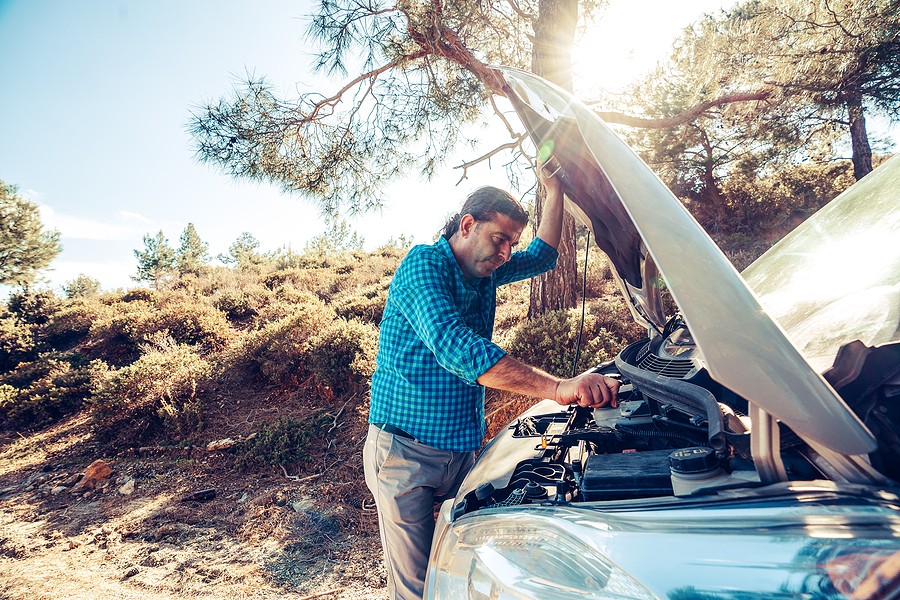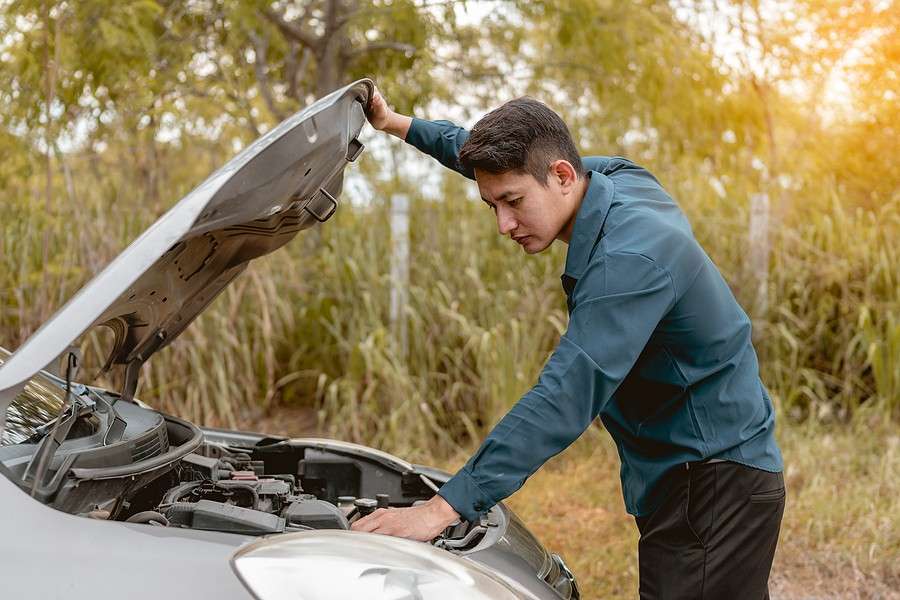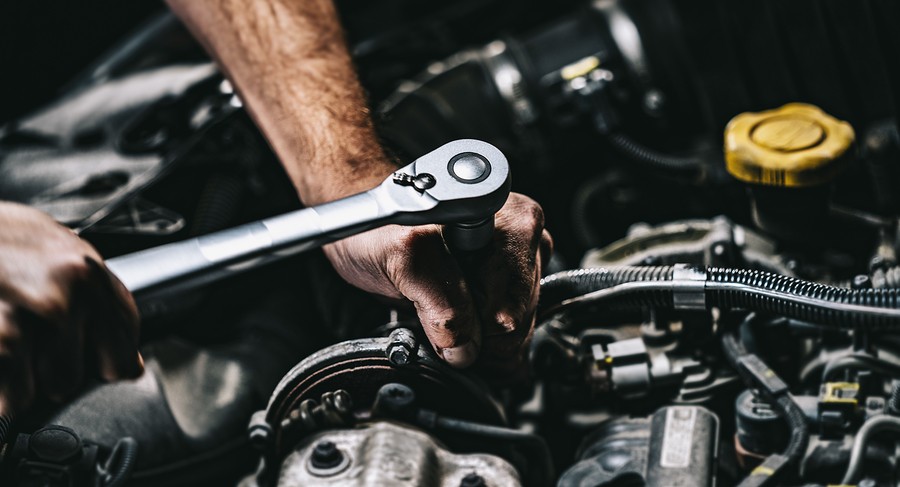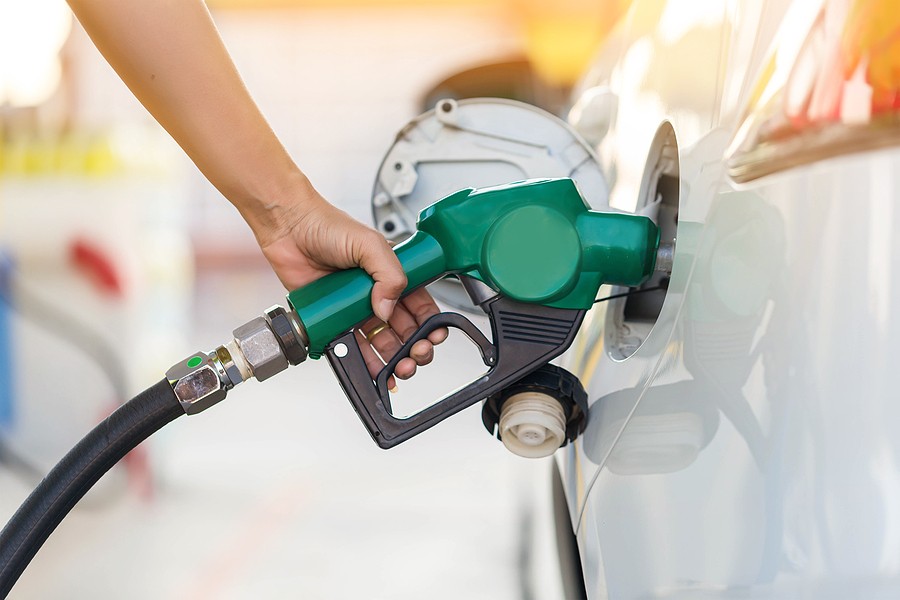If you accidentally put diesel in a gas engine, do not start your car. This prevents further damage. The engine will likely stall and misfire, requiring the fuel system to be drained and cleaned at a service center. Immediate professional assistance is essential to avoid serious damage.
Understanding the Consequences: A Comprehensive Guide
1. Immediate Actions: What to Do First
- Do Not Start the Engine
The first and foremost action is not to start the engine. Starting the engine with diesel in a gasoline system can lead to the diesel fuel being drawn into the engine, which can exacerbate the problem. Remember, prevention is better than cure.
Personal Insight: In my years of automotive research, I've seen that immediate actions can significantly mitigate the damage. Once, I came across a situation where a quick response saved a car from severe engine damage. It's all about acting swiftly and wisely.
- Call for Assistance
After realizing the mistake, it's crucial to seek professional help. Contact a towing service or your nearest auto repair shop. The sooner you get the car to a service center, the better.
Personal Insight: I always recommend having a reliable auto service contact on hand. During my research expeditions, having quick access to professional help has been a lifesaver, especially in remote areas where such mistakes can be even more challenging to address.

2. Understanding the Damage: A Technical Overview
- Fuel System Clog
Diesel is thicker and denser than gasoline, leading to clogs in the fuel system, especially the fuel filter and injectors. This is due to the distinct properties of diesel, which is not meant for engines designed for gasoline.
Personal Insight: The science behind fuel systems fascinates me. The precision with which these systems are designed to handle specific fuel types is a testament to modern engineering. I recall a case study where a simple clog led to a complete engine overhaul – a costly lesson in fuel types.
- Engine Stalling
When diesel enters a gasoline engine, the engine will likely stall, misfire, and emit excessive smoke. This is because diesel doesn’t ignite as easily as gasoline in engines not designed for it.
Personal Insight: Engine stalling is the most immediate sign of diesel in a gas engine. In my experience, understanding these signs can be crucial in diagnosing and addressing the issue before it escalates.

3. The Cleaning Process: Draining and Repair
- Draining the Fuel Tank
The first step in the cleaning process is to drain the fuel tank completely. This ensures that all the diesel is removed before it causes further damage to the fuel system.
Personal Insight: This process reminds me of a project where we had to meticulously clean each component of the fuel system. It was a labor-intensive process but crucial to ensure the car ran smoothly again.
- System Checks and Repairs
Post-draining, a thorough check of the fuel lines, fuel rail, and injectors is necessary. This may involve replacing the fuel filter and cleaning or replacing other affected parts.
Personal Insight: Precision is key in this step. During my research, I've learned that even a small residue can cause long-term issues. It's like solving a complex puzzle – each piece must be perfectly in place.

4. Preventive Measures: Avoiding Future Mistakes
- Educational Awareness
Being aware of the type of fuel your vehicle requires is fundamental. Always double-check before fueling.
Personal Insight: Education and awareness are powerful tools. In my career, I've emphasized the importance of understanding your vehicle. It's like knowing a friend – the more you know, the better you can care for them.
- Regular Maintenance Checks
Regular checks and maintenance can prevent many issues. Ensure your vehicle is serviced regularly to identify potential problems early.
Personal Insight: Regular maintenance is like regular health check-ups. In my experience, they are essential for a vehicle’s longevity and performance.

5. Cost Implications: Understanding the Financial Impact
- Repair Costs
The cost of fixing a diesel-in-gas-engine issue varies but can be expensive due to the labor-intensive nature of the cleaning process.
Personal Insight: In my research, I've seen costs range significantly based on the extent of the damage. It's an avoidable expense with careful attention.
- Insurance Considerations
Check if your insurance covers such incidents. It can provide financial relief in some cases.
Personal Insight: Insurance can be a lifesaver. I always advise car owners to understand their insurance policies thoroughly. It’s like having a safety net.

Conclusion: A Word from an Expert Car Researcher
Mistakes happen, but understanding how to react can make all the difference. As an expert in car research, I've seen the repercussions of fuel errors and the importance of timely, informed actions. Always stay educated about your vehicle, and don't hesitate to seek professional help when needed.
Remember, for any car selling needs, regardless of condition and type, feel free to reach out to Cash Cars Buyer at 773-791-4363. We’re here to make your car selling experience hassle-free.

FAQs Section
- Q: How quickly should I act if I put diesel in a gas engine?
A: Immediate action is crucial. Do not start the engine and call for professional assistance right away.
- Q: Can putting diesel in a gas engine cause permanent damage?
A: While it can cause significant issues, permanent damage is rare if the situation is handled promptly and correctly.
- Q: How much does it typically cost to fix a diesel in a gas engine issue?
A: The cost can vary, but it's generally expensive due to the labor-intensive process of draining and cleaning the fuel system. It's best to consult with a service center for an accurate estimate.
- Q: Is it possible to drive the car after accidentally adding diesel to a gas engine?
A: It's not advisable to drive, as the engine may only run a few miles before stalling. The diesel fuel can cause clogs and other issues, requiring immediate professional servicing.



